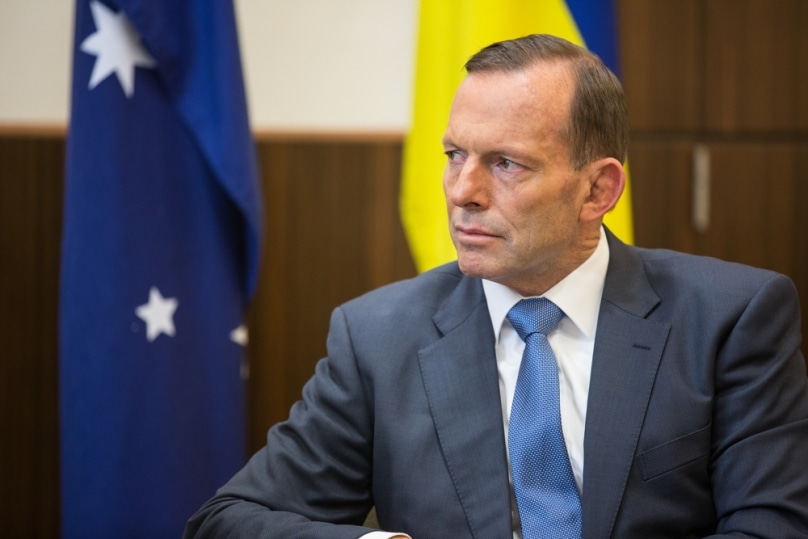
Actress Nicole Kidman recently told a magazine writer that the best advice she had been given came from her mother who said: “Don’t let anyone break your spirit”.
Wisdom my father borrowed from another source has often been on my mind, especially following some events of recent months.
He told me the words which he delivered came from Prime Minister Joseph Benedict Chifley – although my attempts to pin them down have proved fruitless.
Wherever the observation may have originated, it was: “Elevated as I am, temporarily”.
I was told that those words related to the high points and great achievements we may enjoy in our lives and, to an extent the journey of life itself where earthly achievements are never permanent.
They have resonated often in relation to what can be the fleeting nature of show business success, but more recently for matters relating to sport and politics.
Tony Abbott was cut down from the important role of Prime Minister in the same way that party colleagues on the opposite side of the political divide replaced Kevin Rudd and Julia Gillard.
History offers plenty of examples of similar enforced leadership changes, including the fatal attack by colleagues against Roman emperor Julius Caesar on the Ides of March in 44BC.
Further examples may be found in other fields, including big business – although some exorbitant payout figures afforded to those recently felled in that arena would likely compensate for some loss of face.
Sport also can bring down high-flyers, such as former Australian cricket captain Michael Clarke.
The ups and downs of this leader over the better part of the past year made for interesting observation by followers of the game, but surely provided reasons for personal
reflection by the man himself.
After leading dignified mourning following the death last November of fellow cricketer Phillip Hughes, Clarke underwent surgery which put his career on hold and raised doubts about his future.
His performances back on the cricket pitch were patchy ahead of the Ashes series against England which produced limited hope in the second Test, but losses in the first, third and fourth matches meant the outcome was decided prior to improvements demonstrated in the final game.
Performances by a number of players were reviewed and the captain announced his retirement at the end of the tour.
Seeing the rise and fall of those on what could be called the bigger stages of life offers cause to reflect what can happen in the lives of many people, even those who haven’t sought success in the public domain.
The ups and downs of life at all levels can make for happy and positive times of cruising along and maybe even putting very positive “runs” on the board, if we are to borrow from cricket, to later seeing circumstances change and induce feelings bordering on despair as things turn sour.
One consolation for most of us is that we don’t have to endure the public spotlight which is trained on the high flyers of sport, politics or aspects of business.
Bishop Fulton J Sheen, the prominent Catholic preacher and writer of the mid-20th century offered words of wisdom regarding the need to see those good times in perspective saying: “The proud man counts his newspaper clippings, the humble man his blessings”.
Spiritual thoughts can assist in easing some pain felt in facing setbacks and may lift our mood in much the same way as additional training or increased determination helps deliver sporting heroes help in overcoming some of their slumps – at least for a time.
In turning to God and perhaps then enjoying better times we should remember later to express gratitude, mindful of the gospel that told us that only one (a Samaritan) from among 10 lepers who were cured by Jesus returned to say thanks: “The other nine, where are they? It seems that no one has come back to give praise to God except this foreigner” (Luke 17:18-19).
Giving thanks is a mark of humility, which I think is a quality embedded in the earlier words from Bishop Sheen and those passed on by my father.
